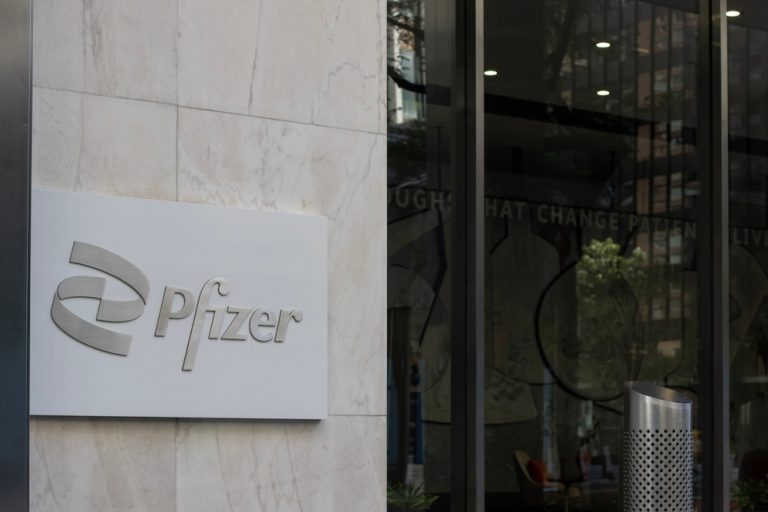In recent events, Uber Eats has come under fire for its Super Bowl commercial, which has been widely criticized for making light of a severe peanut allergy reaction. The advertisement, part of the company’s Super Bowl campaign titled “Don’t Forget Uber Eats,” featured high-profile celebrities but fell short of sensitivity, particularly in a segment that seemed to mock the severity of allergic reactions.
The Food Allergy Research & Education (FARE) charity expressed its dismay, stating it was “surprised and disappointed” by the advertisement’s approach to allergies, a sentiment echoed by individuals within the allergy community. One person, who suffers from a peanut allergy, described the ad as “disgusting, tone-deaf and completely unnecessary,” highlighting the broader concern over the trivialization of food allergies.
The controversial scene depicted a man experiencing a severe allergic reaction, questioning the presence of peanuts in peanut butter—a moment intended for humour that instead sparked backlash. Food Allergy Canada and FARE have both voiced their concerns, with FARE’s Dr. Sung Poblete emphasizing the potential for such depictions to encourage bullying and misconceptions about the seriousness of food allergies.
JD Arland, an Indiana resident with allergies to peanuts and soy, criticized the ad’s attempt to cover its insensitivity with a disclaimer, arguing that it exacerbated the issue. Arland’s experience with bullying over his allergies underscores the broader implications of the ad’s narrative, which not only fails to amuse but also perpetuates harmful stereotypes.
Despite the controversy, Arland sees a silver lining, urging Uber Eats to seize the opportunity to educate and improve its services for the food allergy community. This incident highlights the need for greater awareness and sensitivity, particularly in high-profile advertising campaigns like those aired during the Super Bowl—an event watched by millions, where ads are as anticipated as the game itself.
The backlash against Uber Eats’ Super Bowl ad serves as a reminder of the importance of thoughtful representation in media. Companies must recognize the impact of their messaging, especially when it concerns health and safety issues like food allergies. The conversation sparked by this controversy may lead to more inclusive and considerate advertising practices in the future.























+ There are no comments
Add yours